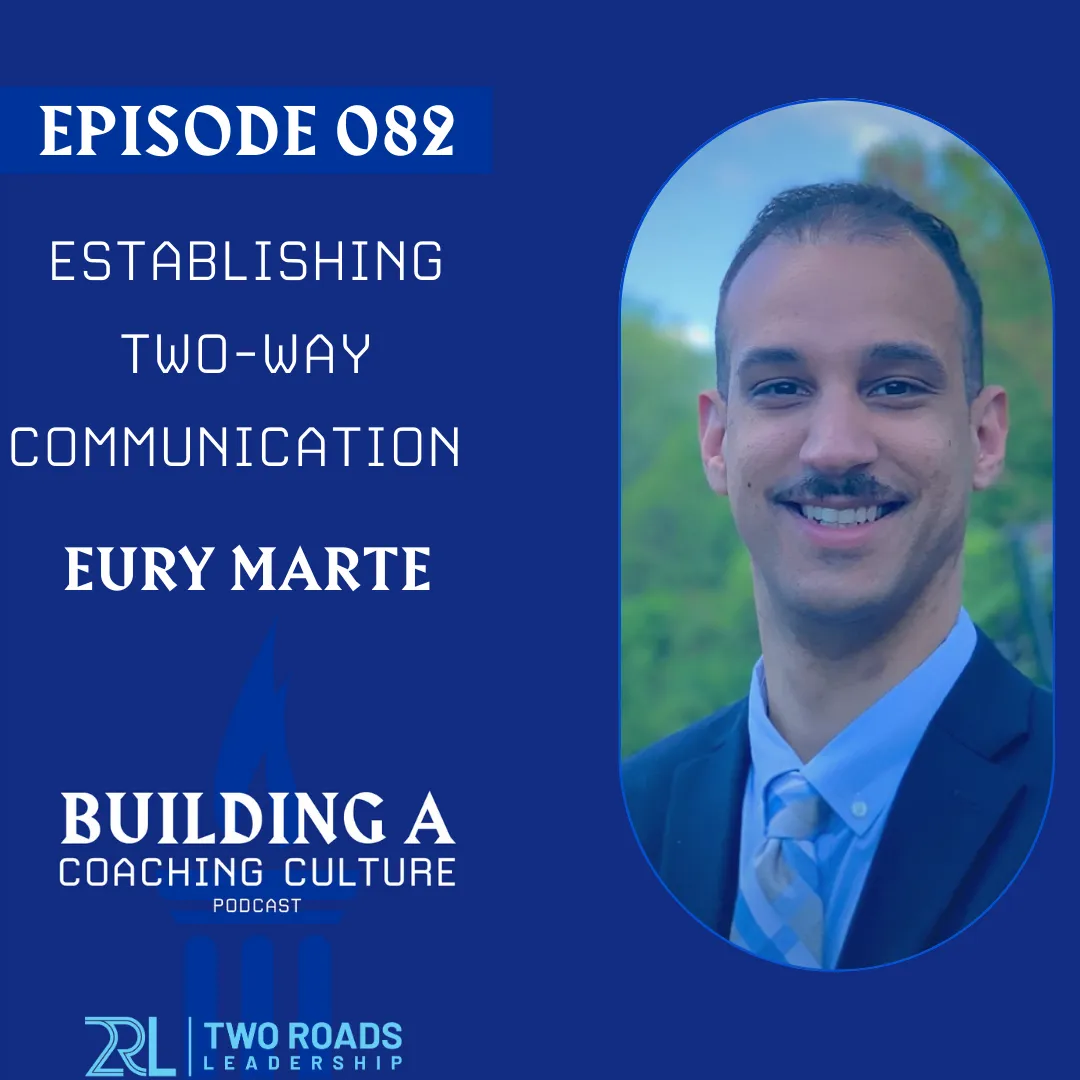In this episode, hosts J.R. and Lucas Flatter are joined by the inspiring Eury Marte, an innovation coach with Project Mercury. Eury is an experienced leader with a deep understanding of developing and implementing value-driven programs and processes, guiding organizational change, and furthering strategic alignment to increase productivity and facilitate cross-functional communication at every level.
Get ready for an enlightening conversation that explores the competing values framework, disrupting processes, the importance of intergenerational leadership, and much more. Let's dive in and discover how to build a coaching culture with Eury Marte!
In this episode, you’ll learn about:
* The importance of open dialogue and feedback.
* The purpose of Project Mercury in cultivating and growing innovators.
* The technological advancements that make life easier and reduce the need for manual labor.
* How to understand and address fears in organizations.
* Why valuing hard work and striving to be a better person and father is important.
Building a Coaching Culture is presented by Two Roads Leadership
Produced, edited, and published by Make More Media
Episode Links
Eury Marte
J.R. Flatter
Founder of Two Roads Leadership
Lucas Flatter
Resources
2RL 4 day Coach Certification Bootcamp
2RL ICF-Approved Coach Certifications and Trainings
Book:
The Meditations By Marcus Aurelius
Transcript
Automatic Transcription - please excuse any errors

